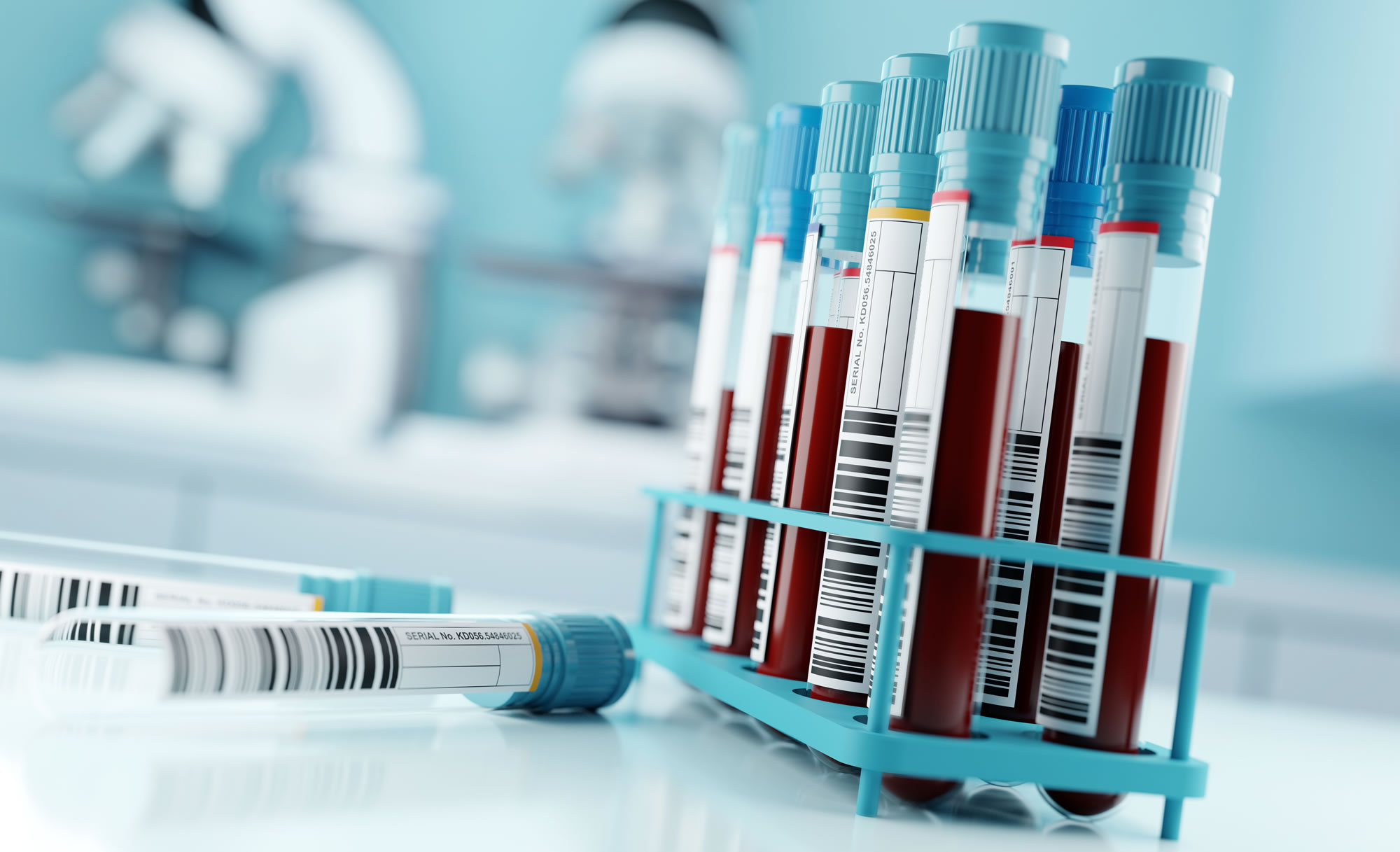Imagine a child who suffers a concussion in a football or hockey game. Will the child recover or will there be permanent brain damage? What if there was an immediate, simple, and painless test that answers this question?
A Canadian doctor from Montreal has discovered just how to do that – a simple blood test to detect concussions. A new study by Dr. Linda Papa at the U.S. National Institutes of Health has shown specific proteins are released into the blood following a concussion. A simple blood test taken within four hours can indicate the severity of the damage to the brain.
When a brain is injured proteins escape through the damaged blood-brain barrier. Two proteins have been identified in the blood of concussed patients. The higher the level of these proteins in the blood, the more severe the damage is to the brain.
This is good news as there are growing safety concerns about continual radiation exposure from CT scans, especially for younger patients. Concussions are difficult to diagnose and even CT scans can miss brain bleeds. “Some of these patients actually go home and they don’t feel quite right, everybody tells them, ‘You’re fine. Your CT scan was fine.’ And so they’re not offered therapy,” says Papa. Failure to diagnose a concussion can have potentially lethal consequences. If a second concussion occurs before recovery from the first concussion, severe brain damage or death can result from what has been called second impact syndrome.
We have blood tests to detect damage to the heart, kidneys, liver and thyroid. Dr. Papa says within the next five years we can expect a similar test to detect the severity of damage from a concussion.







